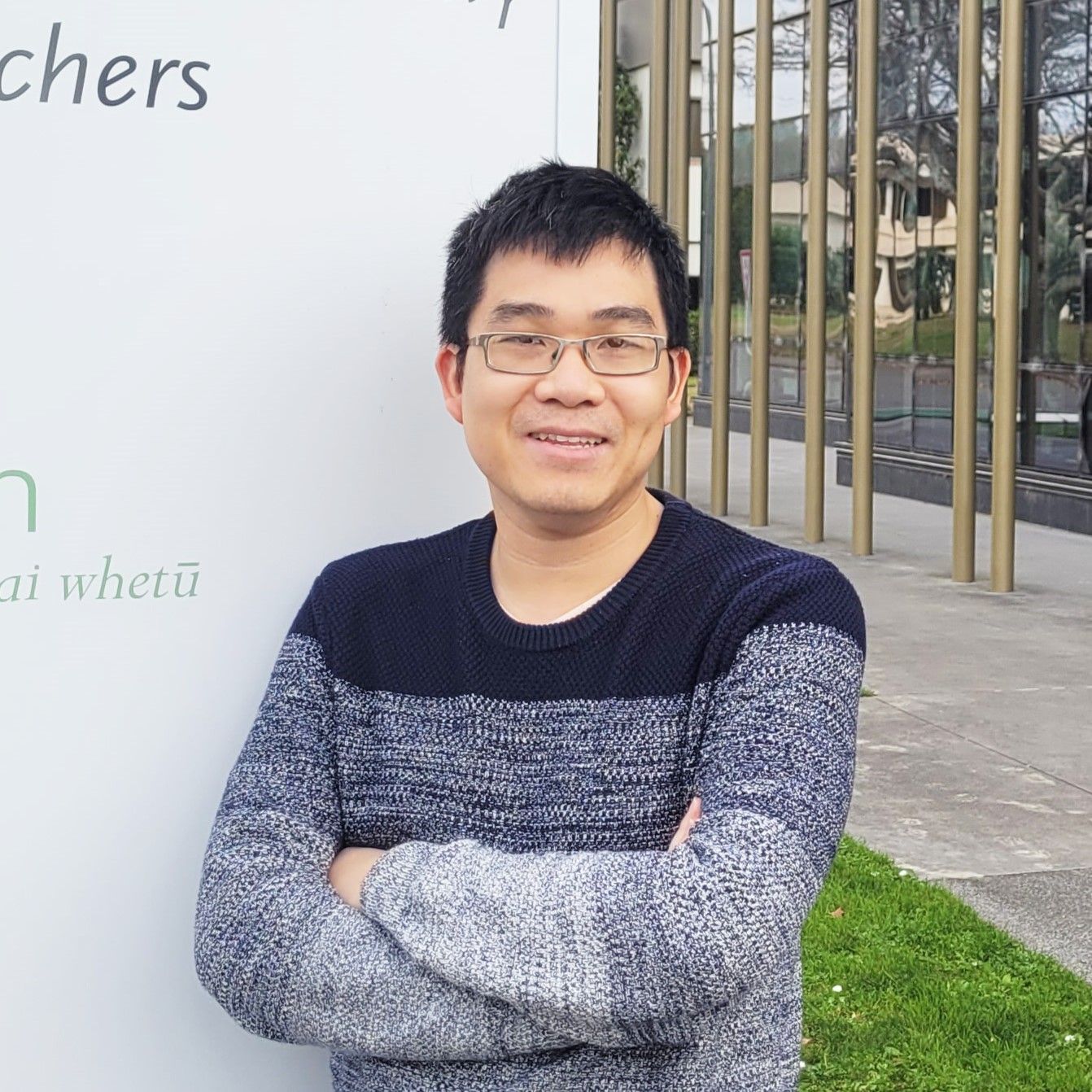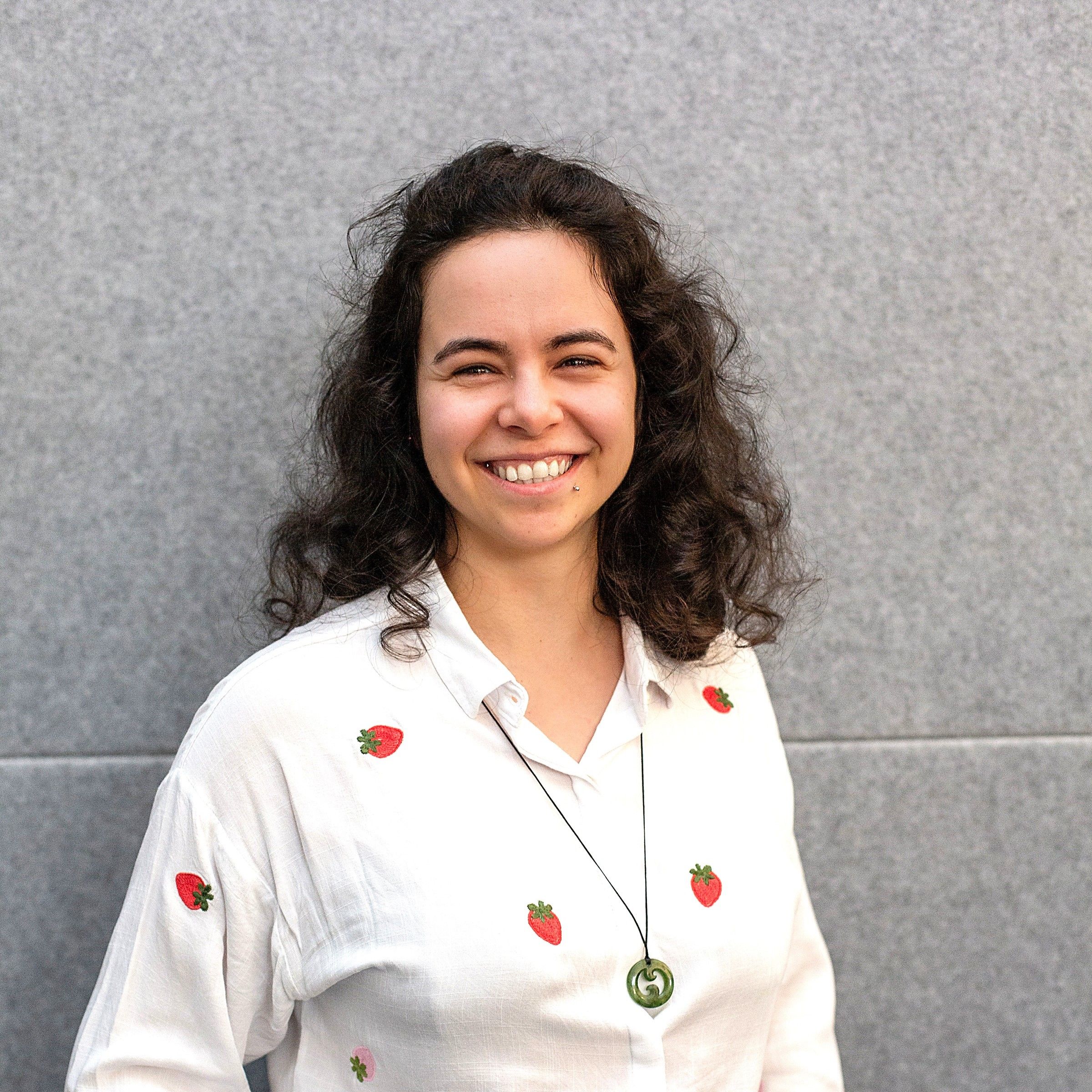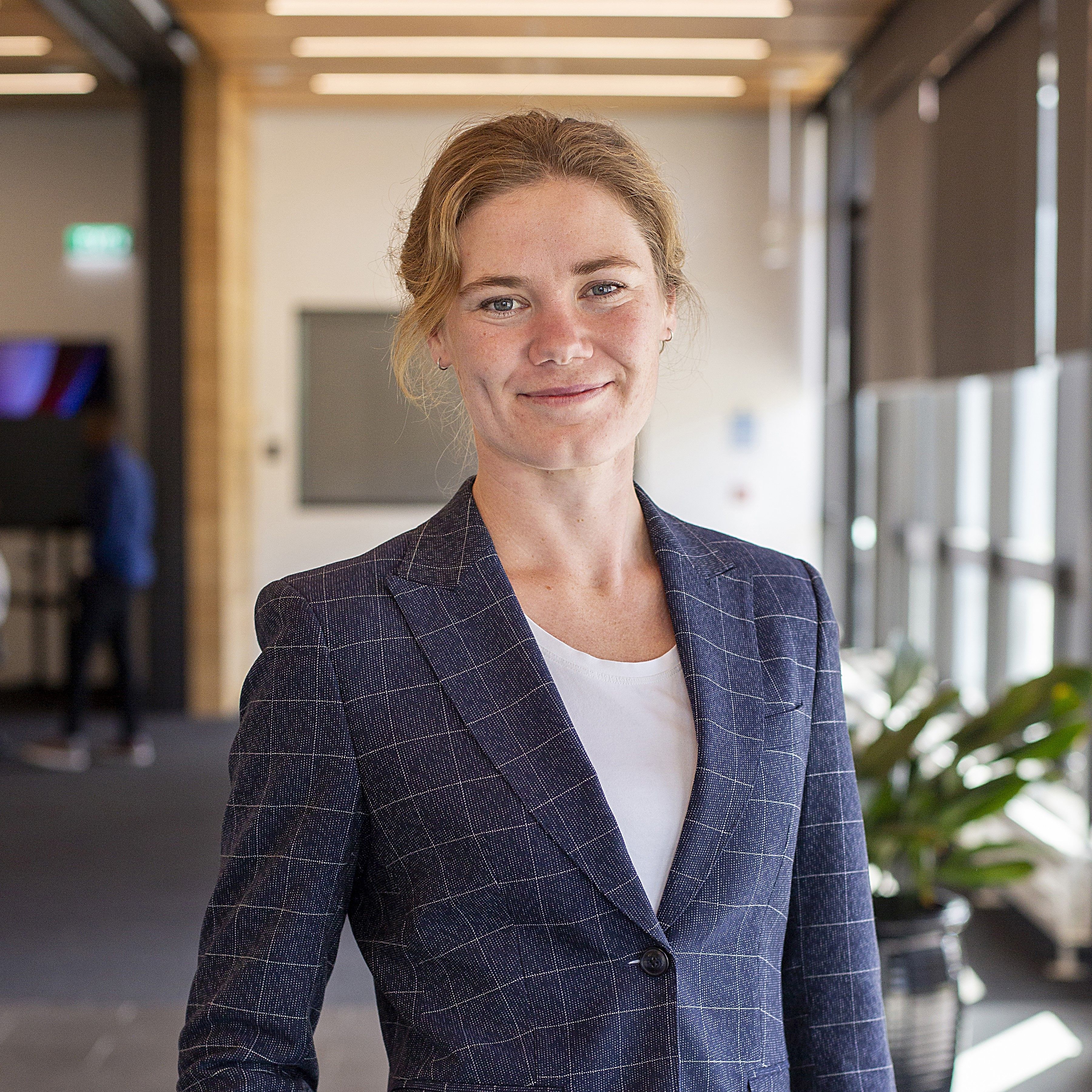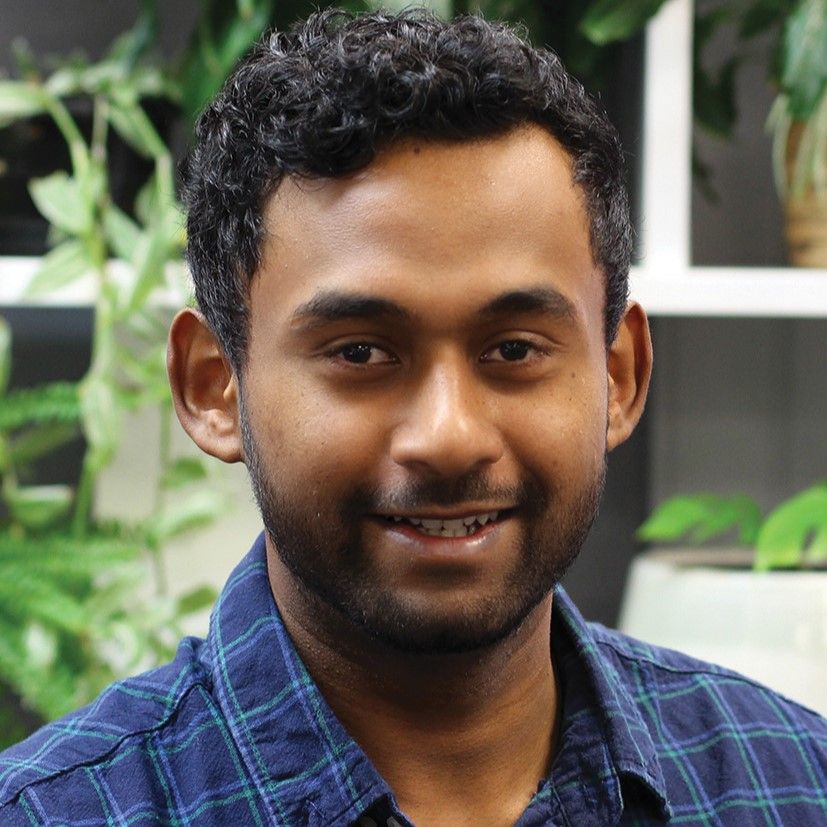Meet our Scientists

Dr Thomas Do
Research Officer
Dr Do is a Food Scientist specialising in plant-based food structures and functionality, with a particular focus on new food protein materials such as protein bodies and semi-refined protein ingredients. His research also explores protein and carbohydrate chemistry, as well as the behaviour of food structures during gastro-intestinal digestion using static and dynamic in vitro models.
His journey with the Riddet Institute began in 2013 through a summer student scholarship while completing his undergraduate degree in Food Technology at Massey University. During this time, Dr Do investigated the structure and in vitro digestion of naturally encapsulated starch in legumes, which sparked his interest in food structure. Inspired by the Institute’s internationally recognised expertise in this field, he went on to pursue a PhD in plant-based food structures at the Riddet Institute in 2016.
Throughout his PhD studies, Dr Do enjoyed being part of the Institute’s collaborative and supportive environment, surrounded by a diverse community of food scientists and fellow students. He was presented with many opportunities for academic and professional development, including presenting at international conferences, publishing scientific articles, and networking. A highlight of his PhD was an overseas placement at the University of British Columbia – a partner within the Riddet Institute’s global research network – where he collaborated with leading food scientists to advance his research.
Following a brief period working in New Zealand’s dairy industry, Dr Do returned to the Riddet Institute in 2021 as a postdoctoral researcher on the Smarter Lives programme. Funded by the Ministry of Business, Innovation and Employment (MBIE), this project focused on developing food prototypes for the delivery of bioactive ingredients known to impact the gut-brain axis.
Dr Do is currently a Research Officer, contributing to the Institute’s Centre of Research Excellence (CoRE) and the MBIE Plant-based Food Ingredients research programmes. Being part of these projects, he enjoys collaborating with scientists and industry partners across diverse organisations to address global challenges in food sustainability. In addition to his research, Dr Do is passionate about mentoring undergraduate and postgraduate students. He finds great satisfaction in supporting their learning and development. Looking ahead, Dr Do is committed to helping shape the future of food in Aotearoa through his innovative research and by training the next generation of food scientists.

Dr Aylin Şen
Postdoctoral Fellow
My research explores the development of plant ingredients that replicate or complement the functional and sensory properties of dairy components. I’m particularly interested in natural structures known as oil bodies, along with their associated proteins and phospholipids. Recently, my work has focused on coconut and oilseed systems, investigating how processing and formulation affect protein functionality and emulsion stability.

Dr Natalie Ahlborn
Postdoctoral Fellow
Dr Ahlborn discovered the Riddet Institute while working on her B.Sc (Hons) thesis at the AgResearch Grasslands campus, as a visiting student from Rhine-Waal University in Germany. Her supervisors at the time were also investigators on a MBIE Endeavour-funded research programme spanning multiple organisations, including AgResearch and the Riddet Institute. The programme content aligned well with her interests and scientific background, and she jumped at the opportunity to take on a PhD position within the programme.
Dr Ahlborn’s PhD research explored the relationship between commercial milk processing and human nutrient digestion, using in vivo models. In particular, her work created an understanding of how common milk processing techniques, such as pasteurisation, homogenisation, and UHT treatment, can influence the digestion of dairy protein and subsequent amino acid absorption kinetics in the adult human.
During her PhD, Dr Ahlborn was grateful for the experience and guidance of her very strong supervisory team. Besides scholarly support, what especially stands out to her is that her supervisors and the wider Riddet team encouraged and enabled her to explore other research-parallel opportunities as they arose. These ranged from entering a student team project in the Dutch Competition for Climate Adaptation in Food Systems QING Innovation Track, presenting the QING project at the United Nations Climate Change Conference pre-event, and winning a FoodHQ scholarship for the International Food and Agribusiness Management Association Student Case Competition in the Netherlands, to demonstrating science at schools to encourage tomorrow’s scientists. Further, their support to share her research findings in the form of plain-language video animations and media interviews led to public recognition of her work which she still hears about today.
Dr Ahlborn took on a post-doctoral role combining her nutritional expertise with her agricultural background to work in food system model development for the Riddet Institute’s Sustainable Nutrition Initiative® (SNi®). Her current work contributes to the Gates Foundation funded Kenya Interactive Food System Model and NZ Government funded Kai anamata mō Aotearoa projects. These tools allow food system decision makers to see the holistic impacts of proposed changes to the respective national and regional food systems, as well as testing their resilience to future disruption.
Alongside her post-doc research role, Dr Ahlborn runs a dairy farming business with her partner, where they milk 540 cows. The continued backing to explore professional and personal development opportunities, as well as the friendly atmosphere in the office and labs are a highlight for Dr Ahlborn.

Dr Nadun Palmada
Research Fellow
Dr Palmada is a biomedical engineer specialising in computational modelling to understand gastric digestion and nutrient absorption processes within humans. His research combines advanced computational techniques with experimental approaches, including developing MRI techniques to track gastric digestion processes and underlying motility. Through this work, he aims to improve our understanding of how food behaves in the digestive system and how nutrients are absorbed by the body.
Dr Palmada's journey with the Riddet Institute began during his PhD at the University of Auckland, which was funded by the Riddet Institute. His doctoral research focused on developing an anatomically realistic computational fluid dynamics model of the duodenum. Alongside this computational work, he developed a benchtop duodenal model with peristaltic contractions to replicate the flow and mixing patterns present within the duodenum. This research sparked his interest in further improving gastrointestinal models of flow, specifically using advanced modelling techniques to deal with the complex multi-physics involved in gastric digestion.
Throughout his PhD studies, Dr Palmada greatly appreciated the supportive environment fostered by the Riddet Institute. He particularly valued the annual student colloquiums, which provided opportunities to share research progress, receive feedback from peers and senior researchers, and learn about the diverse range of food science and nutrition research being conducted across the Institute's network. These gatherings helped him develop both his scientific communication skills and his understanding of how his biomedical engineering research connected to the broader food science community.
Dr Palmada is currently a Research Fellow at the Auckland Bioengineering Institute, University of Auckland. In this role, he continues to collaborate with the Riddet Institute's research community, contributing his expertise in computational modelling to projects that bridge biomedical engineering and food science. He remains committed to advancing our understanding of digestion processes and their impact on human health and nutrition.
